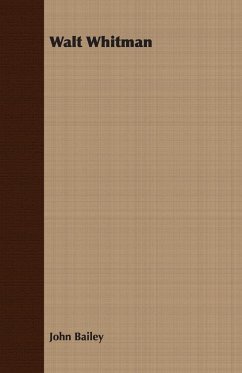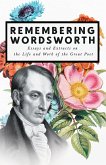Recent critical studies have emphasized the formal, mystical, and psychological dimensions of Walt Whitman's art, dwelling mainly upon his Emersonian and Transcendental sources. This study is the first book to undertake a detailed analysis of Whitman's entire work in relation to the political struggles of the 19th century. Erkkila repairs the split between the private and the public, the personal and the political, the poet and history, that has in the past defined the analysis and evaluation of Whitman's work. Her approach combines close reading and historicist analysis, examining his poems as both products and agents of the political culture of his time. Among the topics explored are the ways in which the politics of race, class, gender, capital, technology, western expansion, and war enter into the poetic design of "Leaves of Grass"; the relation between Whitman's (homo)sexual body and the body politic of his poems; and the ways in which the Civil War and its aftermath affected Whitman's artistic ordering and reordering of his work.
This book deals, in depth, with Whitman as a political poet. Erkkila's aim is to repair the split between the private and the public, the personal and the political, the poet and the history, that has governed the analysis and evaluation of Whitman's work in the past. She combines a formalist and a historic approach to Whitman's work by reading the poems within the socio-political context of his times.
Hinweis: Dieser Artikel kann nur an eine deutsche Lieferadresse ausgeliefert werden.
This book deals, in depth, with Whitman as a political poet. Erkkila's aim is to repair the split between the private and the public, the personal and the political, the poet and the history, that has governed the analysis and evaluation of Whitman's work in the past. She combines a formalist and a historic approach to Whitman's work by reading the poems within the socio-political context of his times.
Hinweis: Dieser Artikel kann nur an eine deutsche Lieferadresse ausgeliefert werden.








